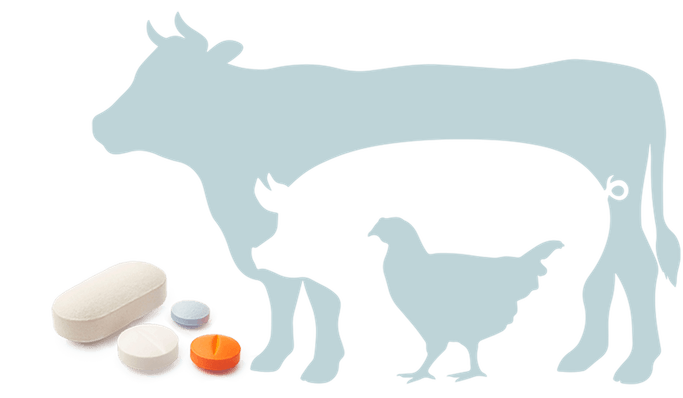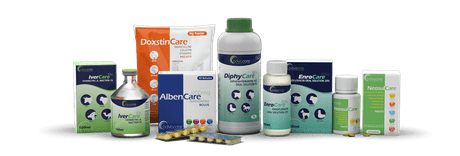What is the meaning of Veterinary Anti-Allergy Medications and Antihistamines?
Anti-allergy medications and antihistamines are drugs used to manage and treat allergic reactions in animals. Antihistamine medications work by blocking the histamine receptors in the body, which are responsible for the typical symptoms of an allergic reaction such as itching, swelling, and redness.
Many veterinary antihistamines have been proven effective as cat and dog allergy treatments. They can provide relief for a variety of allergies, including environmental allergies, flea allergies, and food allergies. The most common indications for the use of anti-allergics and antihistamines for dogs, cats, and other animals include itching, hives, swelling, and respiratory symptoms such as coughing and sneezing.
Finding the right dog allergy relief is crucial for pet owners who want to ensure the comfort and health of their furry friends. Similarly, identifying the appropriate allergy medicine for cats is essential, as feline companions can also suffer significantly from allergy symptoms. As allergies in pets can hinder their daily activities and decrease their quality of life, timely administration of these cat and dog allergy medicines can make a world of difference, allowing them to lead happier, more active lives.


